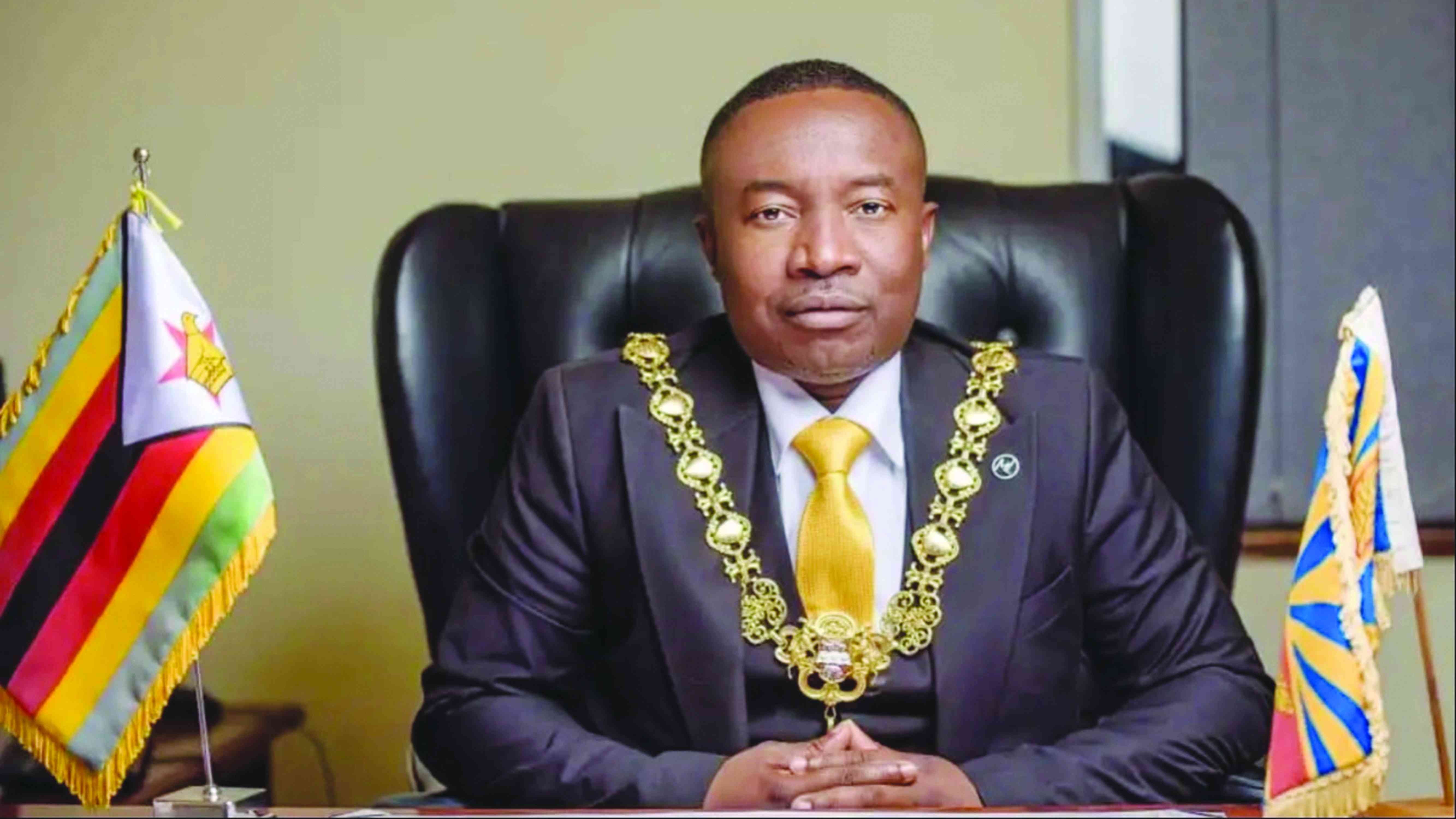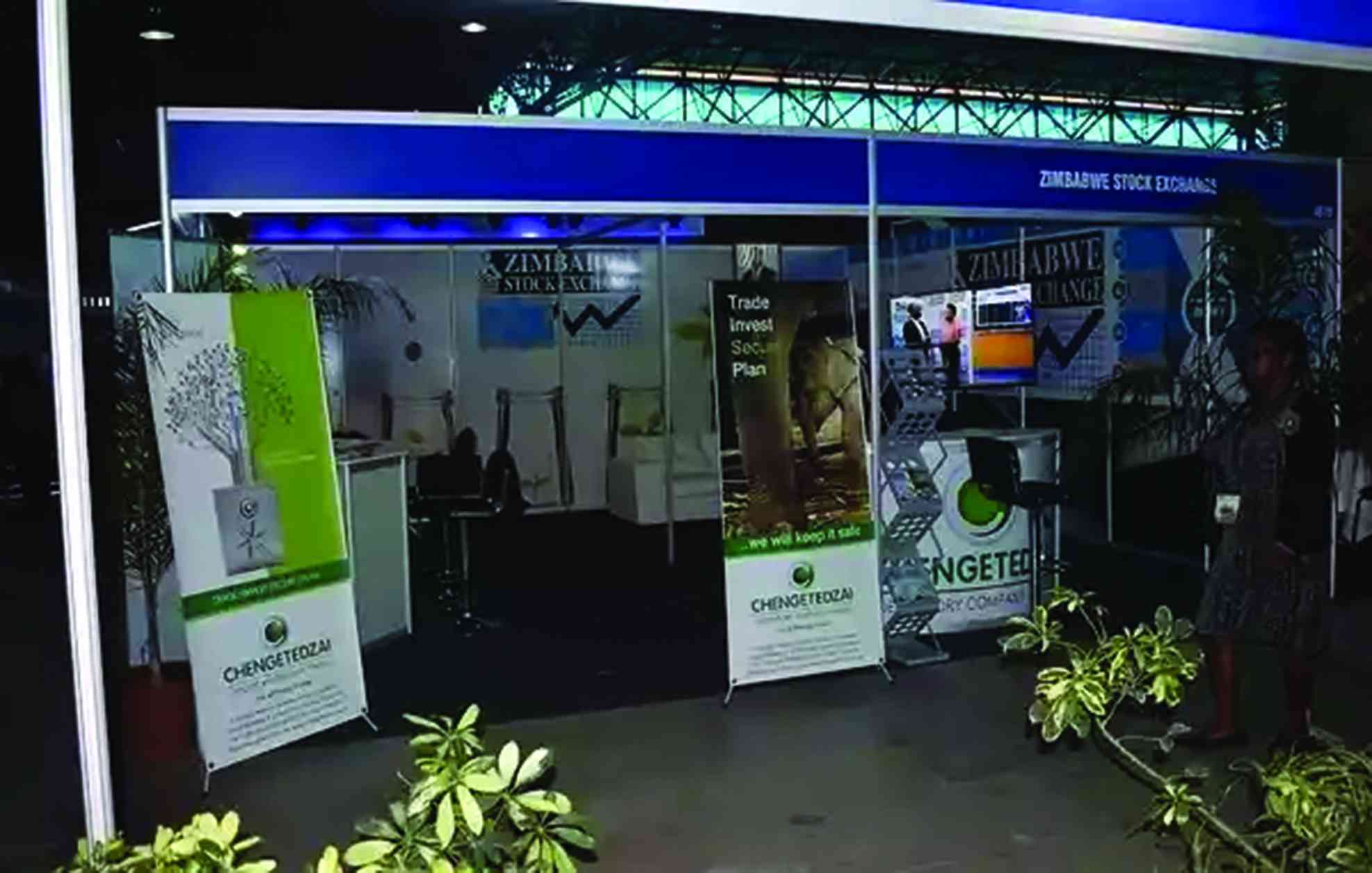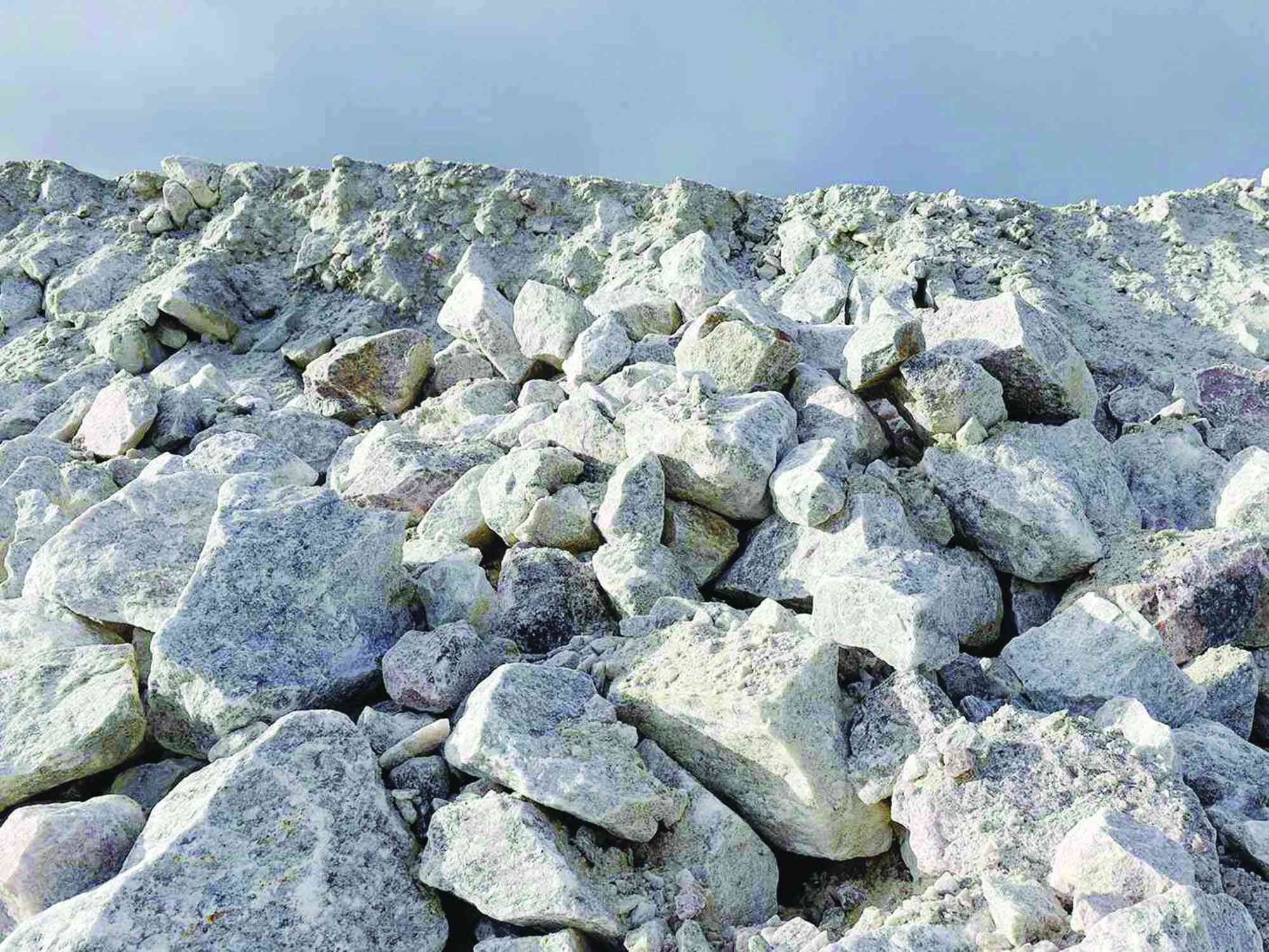
The City of Harare is undergoing rapid transformation. It has been affected by conflicts in the allocation if stands, while its road network is one of the worst in Zimbabwe. In this interview with our senior reporter Freeman Makopa (FM), Harare mayor Jacob Mafume (JM) says the City’s problems are many, but he is worried about the hazards of the proliferation of service stations everywhere. Here is how he sees Harare’s state of affairs:
FM: The issue of transparency in Harare’s tenders has been topical. What is the problem?
JM: The tender system in Zimbabwe is a dog’s breakfast. The process is so fixated on itself to the extent that it is a process that can produce a US$10 000 laptop. But if you look at the process leading to that laptop, you will see that the law was complied with. Something went wrong in adopting the Procurement Regulatory Authority of Zimbabwe (Praz) Act or the Procurement Act. We produced a scarecrow of what we wanted to produce, a hideous, unusable, exploitable and impractical piece of legislation that I have ever come across. Everything that we end up buying is twice the cost or thrice the cost. It just does not work. We need to rethink the Praz Act and be able to simplify while also protecting people in terms of procurement.
FM: The proliferation of service stations in residential areas has raised concerns. Can you comment on this?
JM: The issue of service stations is problematic. We have put a pause for new applications until a meeting is held between the City of Harare, Ministry of Environment, and Ministry of Transport so that we come up with an idea and a model of how we proceed. There are too many service stations that are located in unsafe areas where, if anything were to happen, we will have a national disaster on our hands. It is something that we are carefully looking into, something that we are extremely concerned about, and something that we will definitely deal with as soon as we get the necessary response. There is a public outcry, and we have to respond to that public outcry.
FM: There have been allegations of corruption within the Harare Municipal Medical Aid Society. What have you done?
JM: We set up a commission to deal with the malfeasance. We have a report from that commission. Recommendations were made to the full council, which we are going to implement. We are going to closely monitor it, make it broader and make sure it meets its commitment to service providers and clients, which are our workers in the main. It is pointless to tell a worker that you have medical aid and they go and try to use the card, but they don’t get medicine, they don’t get treated. That is fraudulent misrepresentation.
FM: How do you plan to address leadership gaps within the city council?
- Putin exacerbates Africa’s food crisis
- Diamond Berry holds Winter Affair
- Internet gags costing Africa US$2bn in revenue
- Dairibord shelves dividend payout
Keep Reading
JM: We will recruit. There are a lot of talented Zimbabweans. It is high time we mixed the people here with people from outside so that we can have realignment. Some cultures within the organisation are simply retrogressive, non-productive and very, very dilatory in terms of the development agenda.
FM: What are your top priorities for Harare for now?
JM: Our top priority is back to basics. I think overtime, we have overlooked how to do basic things. The first of these is billing. Any city is as good as its balance sheet. That is why we have focused on the Enterprise Resource Planning (ERP). Once we get that right, we know what revenues we are getting over which period.
FM: What will be the advantage?
JM: We can then enter into complex financial arrangements, things such as municipal bonds and short-term borrowing. We can get grants. We can enter into meaningful partnerships knowing what we can supply. We are also focusing on the master plan. We were overdue to produce a master plan. This year, we are on track to produce it. The masterplan will focus on a variety of areas, such as the development trajectory of the city, transport issues, planning issues, housing issues. It defines how we want to live. Once we do that, we then handle the basics such as road repairs in time, provide water when it is supposed to come out and put up a street light where it is supposed to be. Our duty is to provide a safe city, a good ambience for investors and basically grow the city. It is one of the fastest-growing cities in the region. It is the go-to city for Zimbabweans and the rest of Africans. It is a go-to city for international investment. So, we need to be able to receive, process, and utilise that kind of investment. We are also going to look at sports. Sport is a key frontline issue in our fight against drug abuse and providing opportunities for young people. We will invest and restore our stadia, hopefully build new stadia. But we will make sure there is life in sports.
FM: Tell us more about the review of your masterplan.
JM: The master plan is being supported by the city council. Our master plan was created around US$2,1 million. The draft is already coming in. It will be brought for public consultations. It is preferable that you fund the master plan. If you use a private actor, they might tweak and shift it to suit their own ends. But we believe that it lays the trajectory for growth, to deal with the myriad issues that have been afflicting the city.
FM: You have had problems with the ERP. Tell the residents of Harare the latest.
JM: We are about to restore the previous ERP. We got permission from Praz to do a direct procurement to BIQ or Quail Associates. The negotiations have been done, and they are about to be concluded. What is left is the price of the service. But once that is tied down it will be sent to Praz, and we will receive the go-ahead. It is something we are watching, it is something absolutely crucial. I have maintained that a lot of thieving is occurring. A lot of leakages are occurring because we don't have a coherent and or consistent system. Once we bring consistency into our system, we will be able to charge less but get more and also give more services.
FM: How much do you estimate the city has lost due to the absence of this system?
JM: Oh! millions of US dollars. It is frightening that we could operate for this long without an enterprise resource package that fully works. That is a huge, huge pain point. The pain point for residents normally is water. Everyone needs water. Lack of potable water brings diseases, inconvenience and cost to residents. That is our major pain point. How do we get water? We have entered into agreements with the government around smart water meters and other things that we need for us to be able to ferry water from our plants to residents. Then we have the issue of refuse collection. People are worried about refuse collection. They need refuse collected from their places.
The other thing is the roads are impassable. We have to deal with issues around roads. We are engaged with the Zimbabwe National Roads Administration and other governmental bodies to be able to deal with it. The other problem is the issue of transportation. People are being transported in an undignified manner, unsafe kombis. There have been a number of horrendous accidents. People have needlessly lost lives. We have to deal with our mass public transport. And then of course, the issue of planning of the city — conflict of usage. Auto stores are everywhere, gas service stations are everywhere, a whole lot of things we were not planning are just happening randomly.










